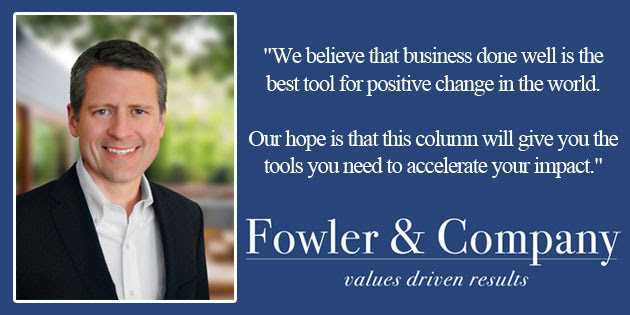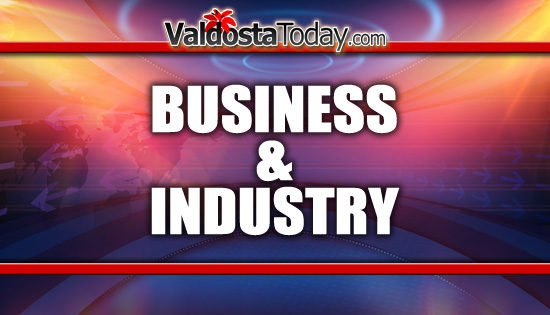VALDOSTA – Your business exists to serve a human need. The better you meet that need the more you grow, the more people you can serve and employ and the more lives you can change. That is the beauty of capitalism. Don’t let minimizing taxes distract you from maximizing value.
In fact, I tell business leaders that paying more in taxes is a great indicator of your success. We can only do so much to minimize taxes. Eventually, we must pay Uncle Sam his portion. But we never want to pay more in taxes than required by law.
Today I want to take a break from our strategy topics to help you start thinking about how to minimize your 2018 tax burden.
Never make a business decision only to reduce your taxes. Buying a new truck that you don’t need to get a tax deduction is a bad decision. Buying an asset that is not a critical need that depreciates 20%+ when you drive it off the lot does not maximize value creation for any of your stakeholders. Never use taxes as an excuse to spend money you do not need to spend.
Now that I am off that soapbox, let’s dive into some ideas to minimize your taxes in 2018 that can also be good business decisions. If any of these ideas sound good to you, discuss them with your tax advisor. The rules are tricky.
1 – Asset Purchases – This is one of the first things that comes to mind when we think about year-end tax planning. Unfortunately, it is often over-utilized. Again, do not buy assets that you do not need. Assets depreciate,and you pay taxes just to own them. Only buy assets that will provide a great return on investment for your business.
If you have asset purchases that meet the above criteria, year–end is a great time to make them. The new tax law has given us 100% bonus depreciation and expanded Section 179 rules that allow us to deduct many major purchases that were previously unallowed.
2 – Cost Segregation – Cost segregation is the practice of identifying assets and their costs and classifying those assets for federal tax purposes. Cost segregation has been used to maximize depreciation for some time now. The new tax law makes this strategy even more valuable by bumping up the bonus depreciation from 50% to 100% and expanding the assets that qualify.
Bonus depreciation can now apply to assets acquired after September 27, 2017. Used assets are also eligible. Maximizing your current year deductions through cost segregation is a great method to defer taxes.
3 – Change in Accounting Method – The new tax law allows businesses with up to $25 million in gross receipts to take advantage of accounting methods that were only available to much smaller businesses. Your business may now be eligible to report on the cash basis. This is another great opportunity to maximize current year deductions and defer taxes.
4 – Timing of Income and Expenses – If you are eligible to use the cash method of accounting for tax purposes, you should consider the timing of your income and expenses as you approach year end.
If you expect to be in the same or lower tax brackets in 2019, you can minimize your 2018 taxable income by sending out invoices a little later. You can also prepay some expenses for 2019. There are limitations to this strategy, so check with your tax advisor.
5 – Maximize Qualified Business Income (QBI) Deduction – The 20% QBI deduction was a major element of tax reform. For tax years 2018-2025, the deduction can be up to 20% of a pass-through entity owner’s QBI.
There are various limitations on the QBI deductions that can increase or decrease your allowable QBI deduction. Talk to your tax pro to make sure you are optimizing your deduction for this year.
6 – Retirement Plans – Establishing and maximizing contributions to retirement savings plans are always a great way to defer taxes. Make sure you are maximizing this deduction.
So much for tax simplification! Not much has become less complicated with the recent changes to our tax laws. We couldn’t cover everything in this article, but I hope this gives you some great ideas to discuss with your tax advisor.
Are ready to build a more profitable business? You can get started with free tools from our Resource Page or give us a call at 229.244.1559. We would love to help you.
Curt Fowler is President of Fowler & Company(http://valuesdrivenresults.com/) and Director at Fowler, Holley, Rambo & Stalvey (http://valdostacpa.com/). He is dedicated to helping leaders create and achieve a compelling vision for their organizations. Curt is a syndicated business writer and keynote speaker. He has an MBA in Strategy and Entrepreneurship from the Kellogg School, is a CPA, and a pretty good guy as defined by his wife and four children.











